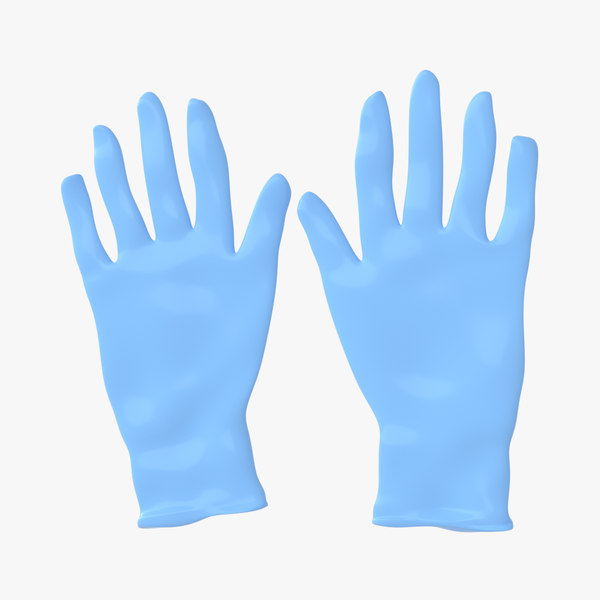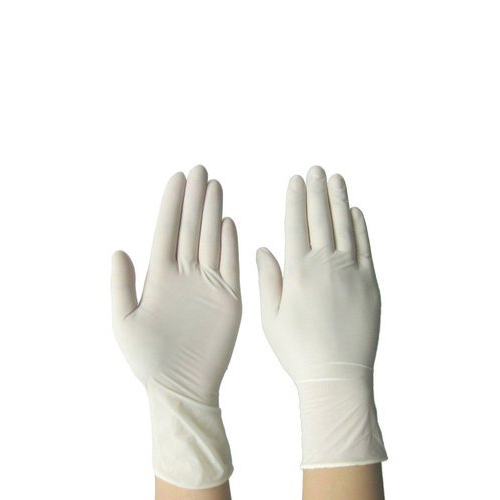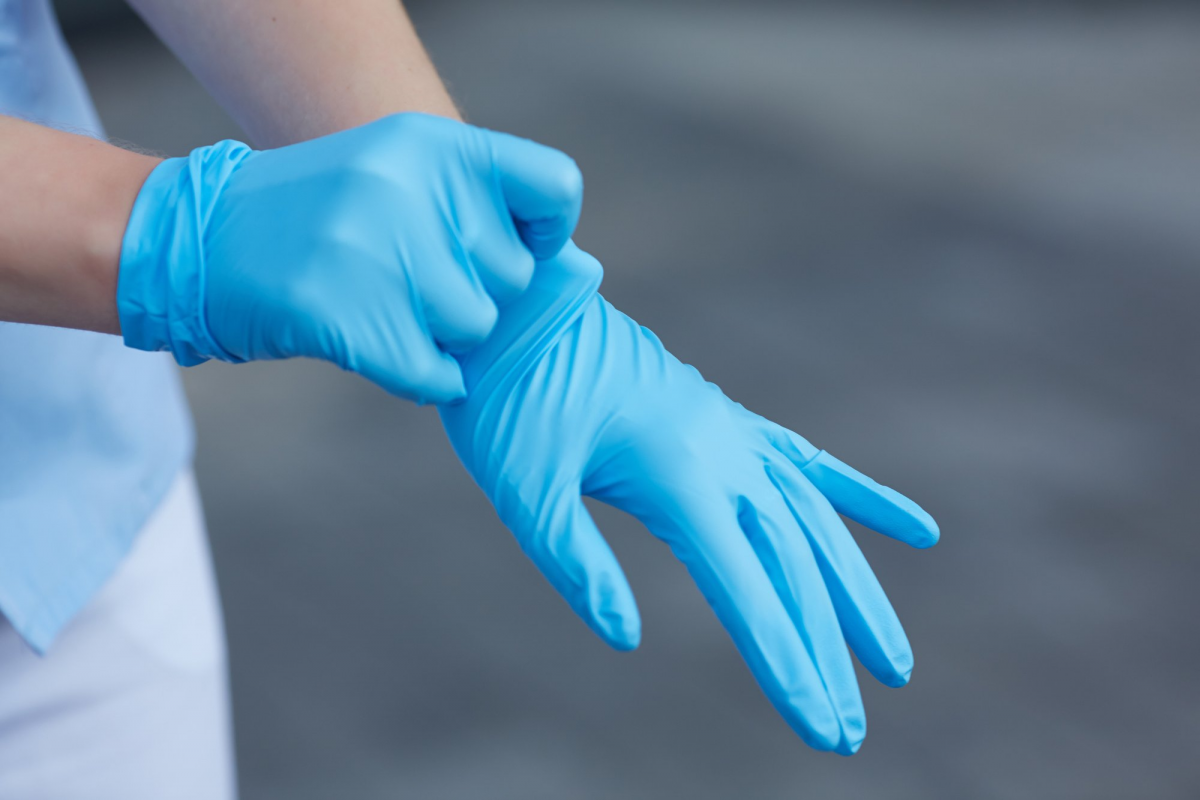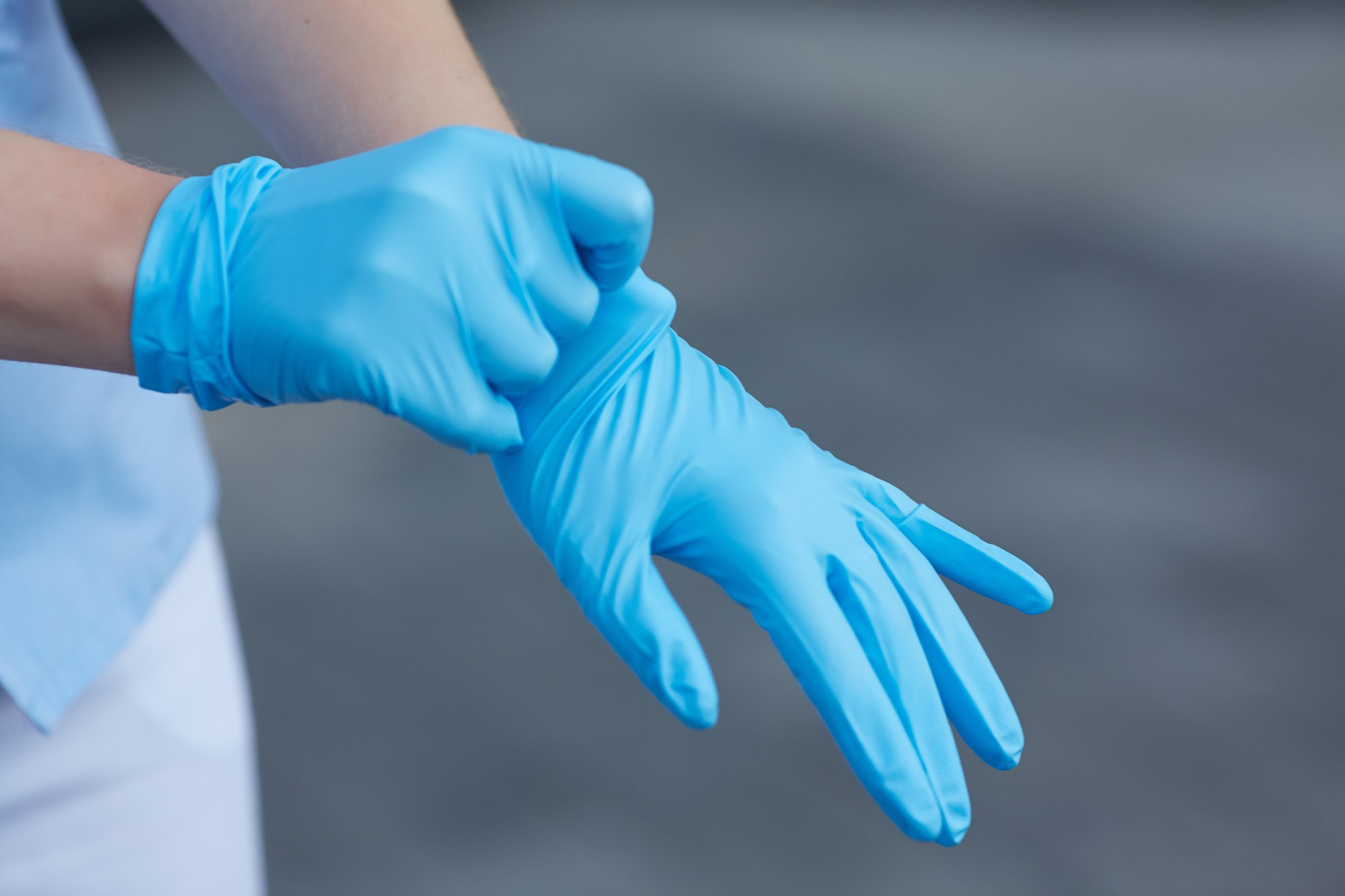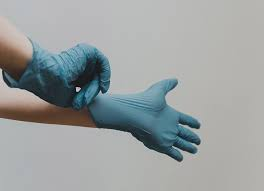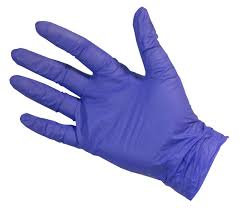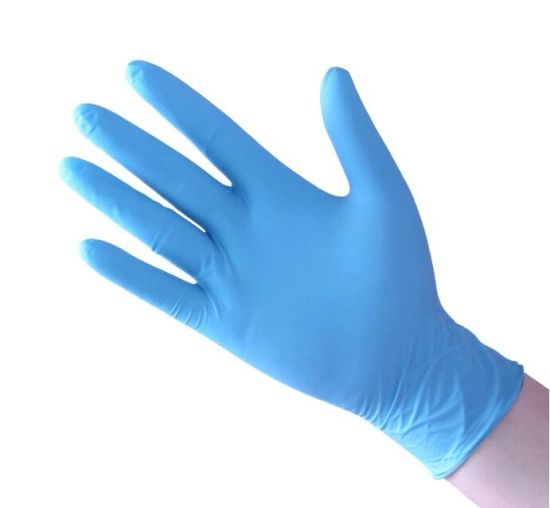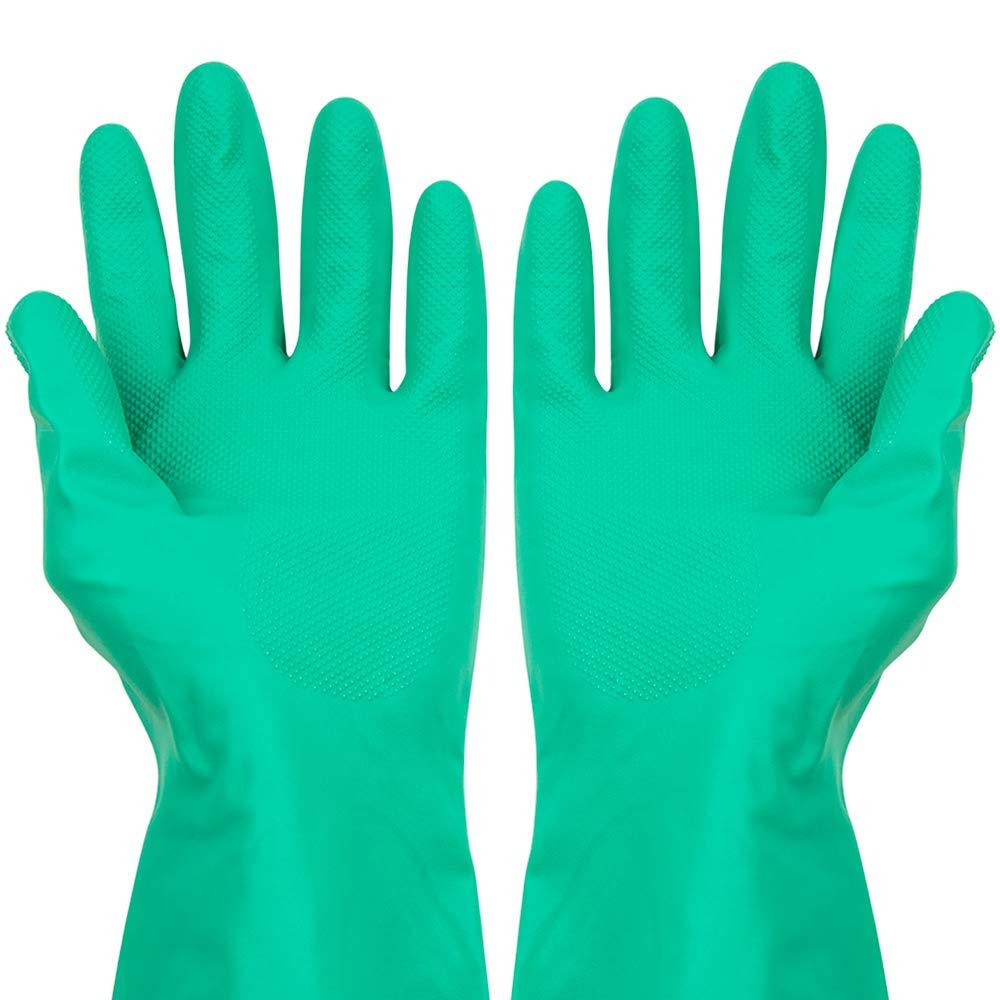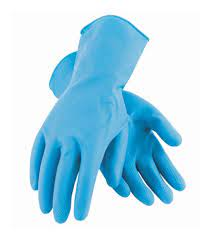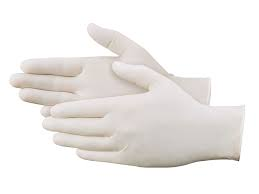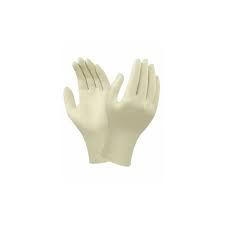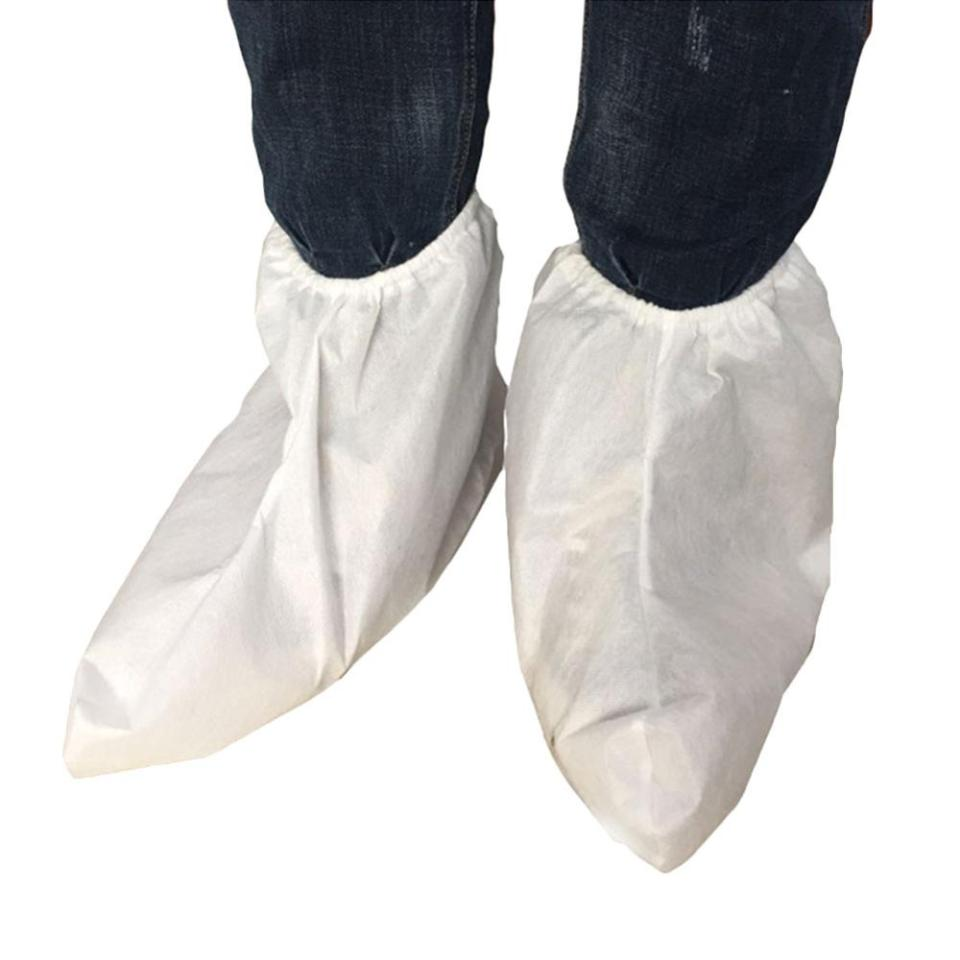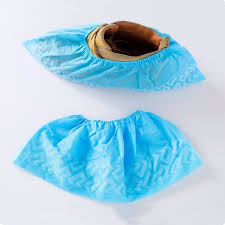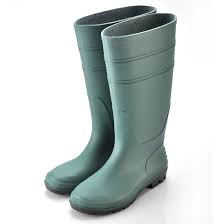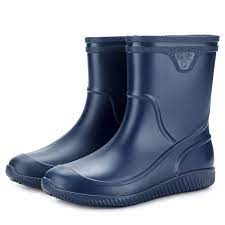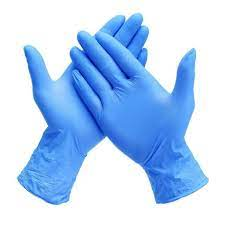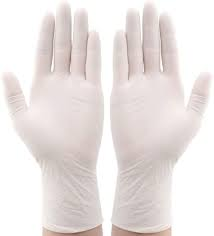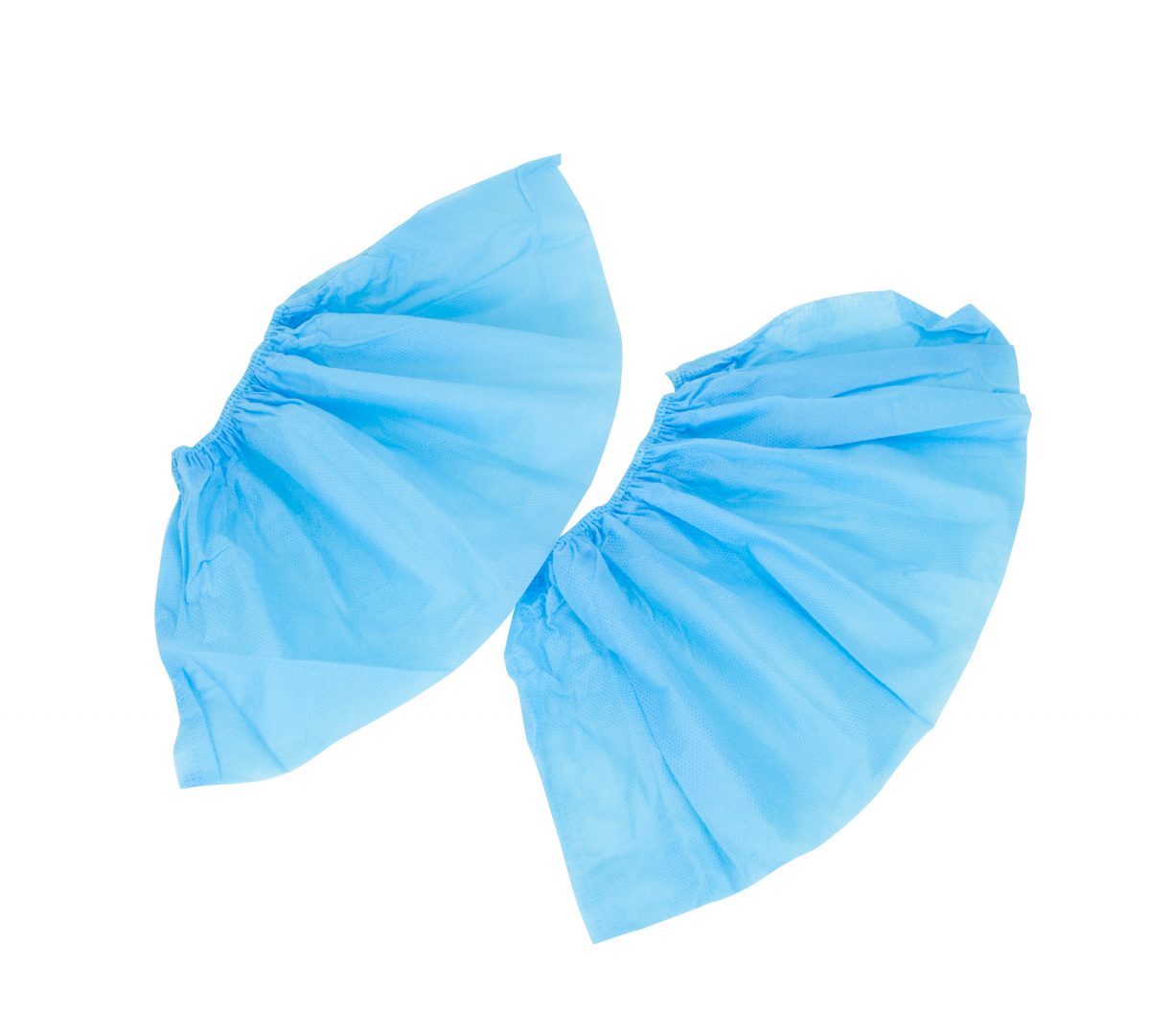Work gloves: areas of use and selection criteria
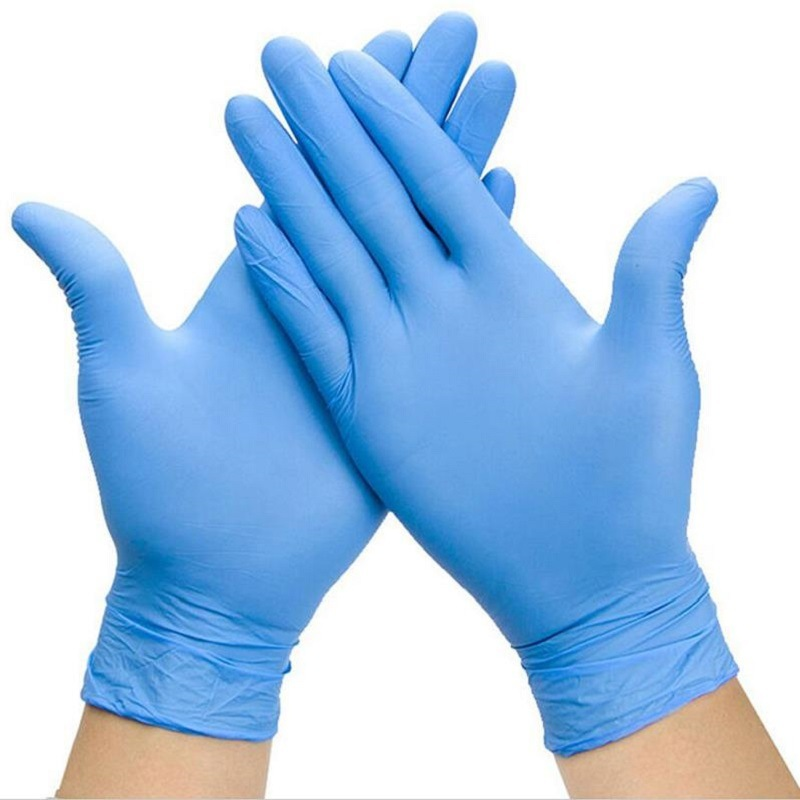
The examination gloves made for the job can be very different. The perfection of the technologies used allows the use of latex, wool, synthetics, nylon, etc. for their creation. The abundance of types of these products presented on the modern market can cause unexpected difficulty in choosing the most optimal products for use in specific conditions.
This article is intended to deal with this.
Materials for examination gloves
They are durable enough; they are easily washed off and become usable again. Durability depends on the density of the material, as well as on the availability of additional coating.
How examination gloves vary in terms of class?
These gloves also differ in the class of knitting. For example, class 7.5 is sufficient for domestic use and has a more affordable cost. But class 10, made of a thinner thread and featuring a higher knit density, allows you to be almost invisible on the hand, providing high accuracy of movements.
An additional layer of PVC can be applied to increase strength and improve adhesion to objects. Such products are more expensive, but they are also distinguished by enviable wear resistance.
Nylon threads, latex, nitrile and other fibers are also used in the creation of examination gloves.
Varieties produced by modern industry
Latex coated - designed for work in the field, with household chemicals, construction waste, car repairs, etc. Not suitable for handling sharp, cutting objects, garden thorns and similar things. Material damage due to burst is very likely.
Made entirely of latex - excellent moisture resistance and protection against mechanical damage.
Latex coated nylon products - good for working with small parts. It provides sensitivity, a snug fit, and a latex layer to prevent slipping.
Wool blend examination gloves
They work at low temperatures. Moreover, they save even in a fairly severe frost, creating conditions for installation and assembly work. They are also used in agriculture and forestry.
Nylon products with double nitrile semi-shine - do not absorb oil, repel water, they can work with aggressive chemicals. They protect well from burns and mechanical stress. They have an anti-slip effect. Provide work comfort.
Choose quality examination gloves for your working conditions in everyday life or in production in the catalog of our online store. Place an order and get everything you need in a convenient mode and at an affordable price.
How do protective gloves help you?
Gloves for various types of purposes are an irreplaceable thing, as they will protect your hands from various types of damage. Most often, in the workplace, the hands are primarily injured. In order to best protect them from injury, you need to know which gloves will help prevent damage.
It occurs when exposed to high or low temperatures, cuts, punctures, or chemicals. Especially in the workplace, the employer is obliged to protect his employees from various kinds of injuries. Most of the injuries occur due to work with improperly selected gloves or without them at all. In this article, we will help you figure out which gloves are right for you.
Cotton jersey gloves
The seventh grade - the thickest, they are used in agriculture, construction work, etc.
The tenth grade gloves are thinner. They are used for various types of work, for example, packing goods, workshops, laboratories, etc.
The thirteenth class of gloves is the thinnest type, they are used mainly for assembling mechanisms that require great sensitivity of the hands and at the same time the parts remain clean.
Gloves in knitted cotton fabric and PVC dot coated
Such examination gloves are more durable and anti-slip due to the adhesion of PVC to different surfaces. These gloves will perfectly serve for cleaning various debris, they will perfectly protect your hands. Also, this coating helps to firmly grip various tools and hold them securely in the hand.
When choosing this type of gloves, pay attention to the PVC dots, they should not crumble and crack. In order to make sure of the quality, try to break the point and if you succeed, then it is better to refuse to buy such gloves.
Nylon Gloves with Dot
These micro dot gloves work in the same way as PVC dot gloves, but they are designed for work that requires a lot of hand sensitivity.
This type of examination gloves is resistant to various acid-base substances. These gloves are suitable for people who work with various chemicals. They will protect your hands from acid, alcohol, oil, solvent, and other chemicals. This type of gloves can be made of various materials: latex, PVC, nitrile. Interior trim can be cotton for added comfort.
There are two types of these gloves. The first is for the coarser work and the second is for the finer. These gloves must be tested before use.
Gloves with one piece PVC coating
This type of glove is mainly intended for contact with liquid and oil. They perfectly protect your hands from dirt. These gloves are made with tighter cuffs, due to this, during operation; they sit securely on the hand. Also, these gloves are anti-slip; therefore they will perfectly serve in the work with sliding material.
One thing we need to focus on the demand of any glove. Ever glove has its own requirement. If we talk about examination glove, we want more flexibility. Furthermore, it should be germ- resistant as well. Many people ignore the point of quality in the terms of buying gloves. This is not a good practice. The biggest reason is material plays a vital role in choosing fine quality gloves.
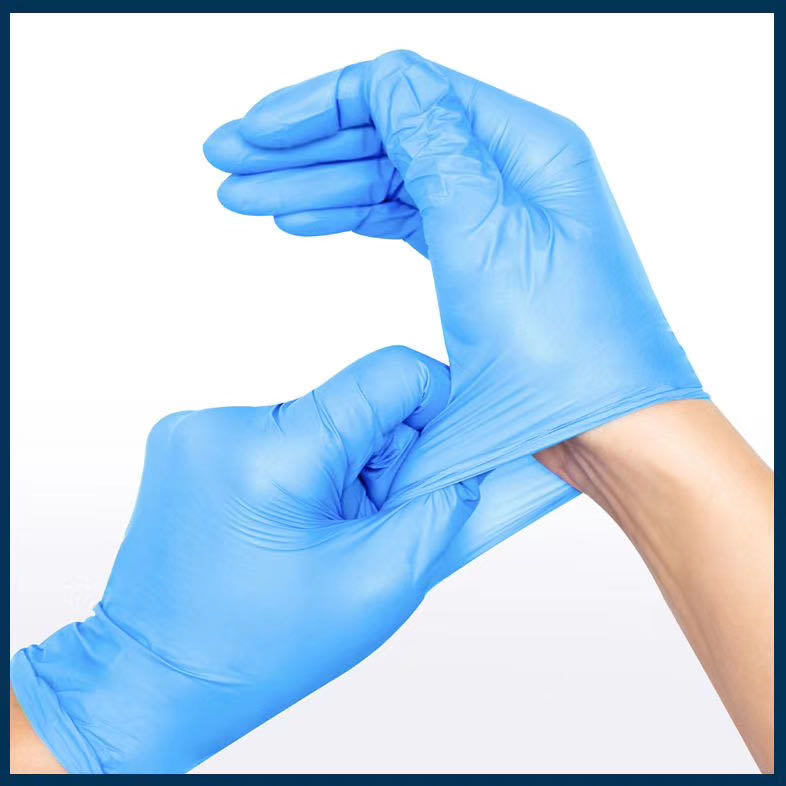
Conclusion
When choosing examination gloves, make sure they comply with the technical regulations. Gloves must have all the necessary certificates of quality and conformity, as they are responsible for the safety of the worker.
In this article, we have tried to consider all types of gloves so that everyone can find the product they need. Moreover, it will help you in choosing a quality glove that will assist you in examination of various objects overall.
